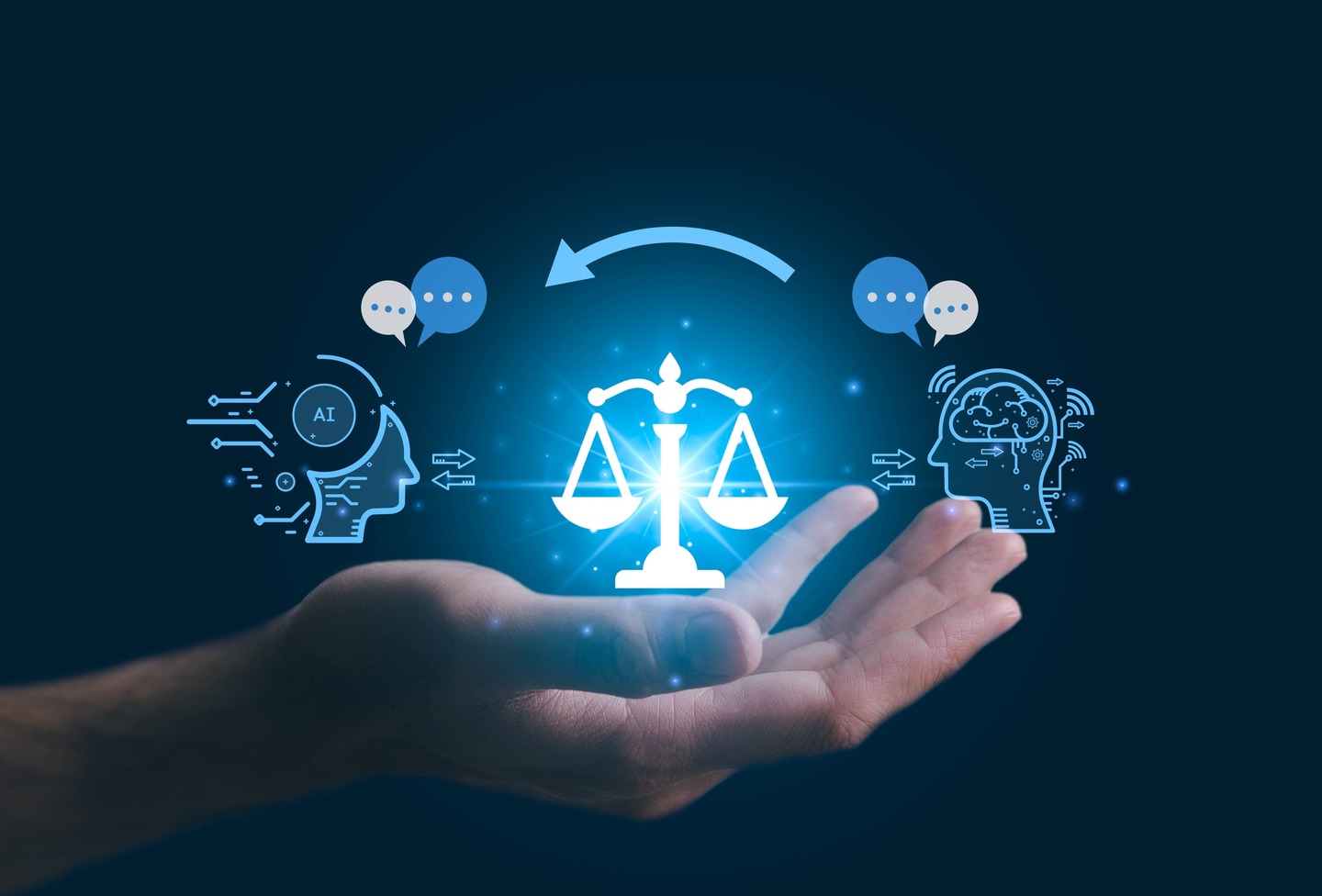Navigating the Ethical Challenges of AI
Explore the ethical challenges of AI, including bias, misinformation, and privacy, and how they impact various industries like healthcare and governance.

Navigating the Ethical Challenges of AI
In recent years, the debate surrounding the ethical implications of Artificial Intelligence (AI) has intensified, with some arguing that there is no ethical or responsible way to use this technology. This stance is often rooted in concerns about bias, misinformation, and privacy, which are increasingly pertinent as AI becomes more ubiquitous in various sectors, including healthcare, education, and governance.
Background
The rapid advancement of AI has brought numerous benefits, such as improved efficiency and decision-making capabilities. However, these advancements also come with significant ethical challenges. AI systems are often trained on vast datasets that may reflect societal biases, leading to discriminatory outcomes in areas like hiring, healthcare, and law enforcement. Moreover, AI's capacity to generate convincing but false information poses a threat to truth and trust in digital communications.
Key Ethical Concerns
-
Bias in AI Systems: AI algorithms can perpetuate existing biases present in the training data, leading to unfair treatment of certain groups. For instance, facial recognition systems have shown lower accuracy for individuals with darker skin tones, highlighting the need for diverse and representative datasets.
-
Misinformation and Hallucinations: Generative AI models can produce false or misleading content, which can be particularly problematic in academic and professional settings. This raises concerns about the reliability of AI-generated information and the potential for misinformation to spread rapidly.
-
Privacy and Surveillance: The use of AI for surveillance purposes raises significant privacy concerns. Governments and corporations increasingly deploy AI to monitor public spaces and online activities, leading to debates about balancing national security with individual privacy rights.
-
Accountability and Transparency: Many AI systems operate as "black boxes," making it difficult to understand their decision-making processes. This lack of transparency complicates accountability, raising ethical questions about who is responsible for AI-driven decisions.
Industry Impact
The ethical implications of AI are felt across various industries:
- Healthcare: AI systems in healthcare can lead to biased diagnoses or treatment recommendations if the training data does not adequately represent diverse patient populations.
- Education: AI-generated content can complicate the verification of academic sources, potentially leading to the spread of misinformation.
- Governance: AI's role in decision-making processes within government and legal systems requires careful scrutiny to ensure fairness and transparency.
Context and Implications
The assertion that there is no ethical or responsible way to use AI underscores the complexity of these challenges. While AI offers substantial benefits, its deployment must be carefully managed to mitigate its negative impacts. This involves developing robust regulatory frameworks, ensuring diverse and representative training data, and prioritizing transparency and accountability in AI systems.
In conclusion, while AI poses significant ethical challenges, it is not inherently impossible to use it ethically. By acknowledging these challenges and working towards solutions, it is possible to harness the power of AI in a responsible manner. This requires ongoing research, dialogue, and innovation to address the ethical concerns associated with AI and ensure that its benefits are equitably distributed.
Unfortunately, specific images directly illustrating the main topic or product mentioned in the original source were not available due to the nature of the query. However, images related to AI ethics, such as depictions of AI systems, privacy concerns, or ethical frameworks, could be used to visually represent the topic.



